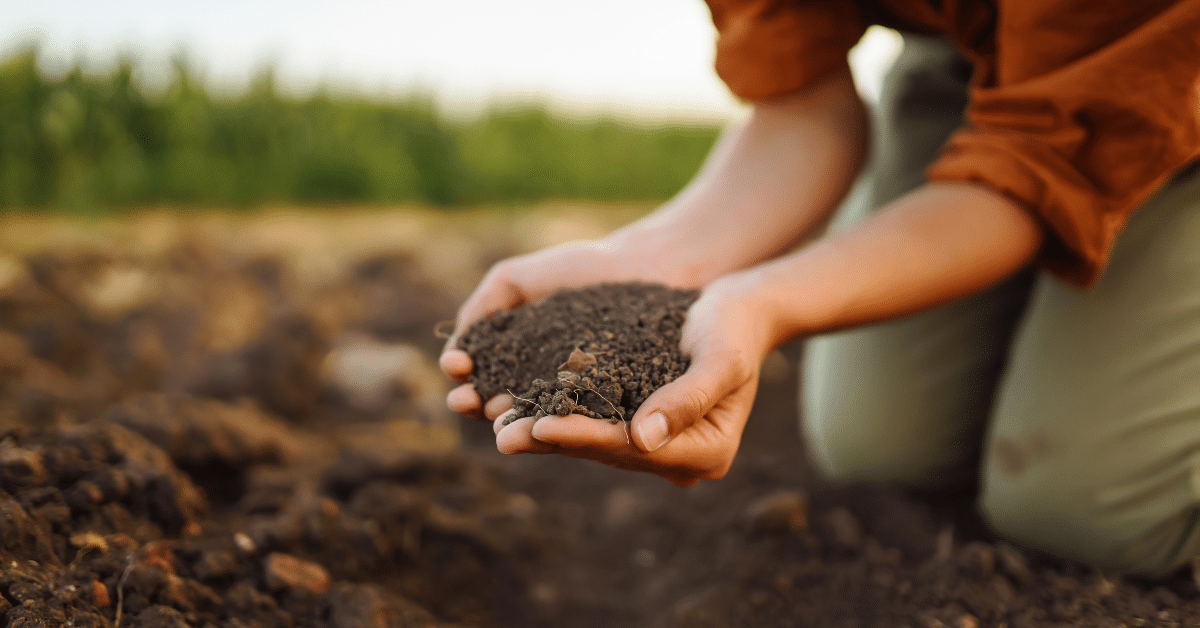
Want to Compost without the Yuck? This Williamsburg Virginia Store Offers It
Fill Happy VA is just that. You’re happy about the product. Happy about your carbon footprint. And very happy meeting the owner, Jana. She joins the Wild Virginia podcast to talk about her store and composting.
Growing up in a rural area has deeply ingrained a love for nature in Jana’s heart. Witnessing her 2-year-old daughter develop a profound fascination with the ocean, particularly whales and sharks, has fueled herpassion for environmental conservation. As a family, they delved into ocean-related topics and became increasingly aware of the plastic crisis jeopardizing wildlife, contaminating ecosystems, and contributing to global warming.
Fill Happy serves as an inclusive marketplace, free from judgment. Jana believes that progress towards zero waste doesn’t require perfection from a select few but imperfect efforts from millions. Through conscious consumerism, each individual wields the power to make a positive impact. Your choices matter, and every small decision contributes to significant change. I invite you to join us in embracing sustainable products, one step at a time.
Did you know that plastic takes over 400 years to decompose, with more than 40 percent being used just once before disposal? At Fill Happy, their focus is on facilitating a low-impact lifestyle by offering simple eco-friendly swaps that are safe for both you and the planet. Something different from other refillery stores that Fill Happy offers: COMPOSTING. You see bigger cities like Vancouver, British Columbia offer it, but there was nothing available in Williamsburg.
Composting is a fantastic way to recycle organic waste, reduce your carbon footprint, and enrich your garden soil.
What is Composting?
Composting is the natural process of breaking down organic materials, such as kitchen scraps and yard waste, into a nutrient-rich soil amendment called compost. This process is driven by microorganisms, worms, and other decomposers.
Why Compost?
- Reduces Waste: Keeps kitchen scraps and yard waste out of landfills.
- Improves Soil: Adds essential nutrients to your garden, improving soil structure and fertility.
- Saves Money: Reduces the need for chemical fertilizers and soil conditioners.
- Environmental Benefits: Decreases greenhouse gas emissions from waste decomposition in landfills.
What You Need
- Compost Bin or Pile: You can buy a compost bin or simply create a pile in a designated area of your yard.
- Organic Materials: These can be divided into two categories:
- Greens: Nitrogen-rich materials like fruit and vegetable scraps, coffee grounds, and grass clippings.
- Browns: Carbon-rich materials like dry leaves, straw, cardboard, and paper.
What to Compost
- Fruit and vegetable scraps
- Coffee grounds and filters
- Eggshells
- Grass clippings
- Shredded newspaper and cardboard
- Leaves and plant trimmings
- Tea bags (make sure they are compostable)
What Not to Compost
- Meat, fish, and dairy products (they can attract pests)
- Oils and fats
- Diseased plants
- Pet waste
- Synthetic chemicals or treated wood
How to Compost
- Choose a Spot: Pick a well-drained area with good air circulation.
- Layering: Start with a layer of browns, followed by greens, and alternate. Aim for a 3:1 ratio of browns to greens.
- Moisture: Keep the pile moist, like a damp sponge, but not soggy.
- Turning: Aerate the pile by turning it with a pitchfork or shovel every few weeks to speed up decomposition.
- Patience: Composting can take anywhere from a few months to a year. You’ll know it’s ready when it looks dark, crumbly, and smells earthy.
Troubleshooting
- Bad Odor: Usually due to too much moisture or not enough air. Turn the pile and add more browns.
- Pile Not Heating Up: The compost needs more greens or moisture. Mix in green materials and water lightly.
- Attracting Pests: Avoid adding meat or dairy products and make sure food scraps are buried under browns.
Using Your Compost
Once your compost is ready, you can use it to:
- Enrich garden soil by mixing it in.
- Top-dress your lawn.
- Use as mulch around plants.
- Brew compost tea for liquid fertilizer.
Composting is a simple yet effective way to contribute to environmental sustainability and boost your garden’s health. Happy composting!